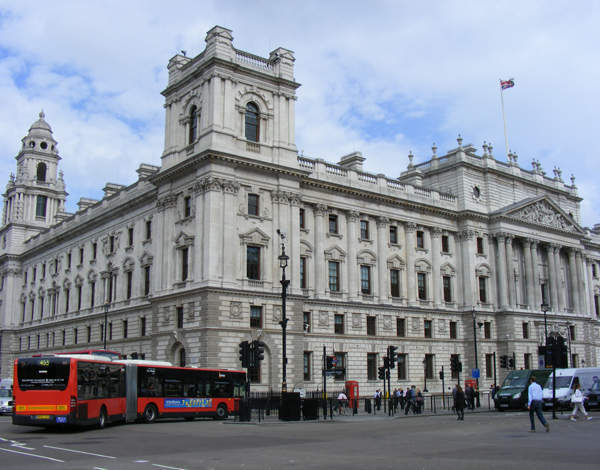

Two years ago identity theft fears had half the country zealously shredding bank statements. The tactical distribution of Coutts-branded hamster bedding was incorporated into weekly recycling rituals nationwide. The ‘Turn off paper statements’ icon dissipated the risk of a shady character transferring the contents of your current account to Bolivia.
Today, it is not the criminal rummaging in our rubbish that keeps us up at night. In the UK, tax avoidance is newsworthy, and large corporations and wealthy individuals with UK business and investment interests who are perceived to be dodging their tax responsibilities are receiving the full attention (and wrath) of the public. Newspapers, pressure groups, and the UK Public Accounts Committee are keen to play judge, jury and executioner, and the desire for transparency around taxation is not going to abate.
It is not just company information in the public domain, for those who wish to look. A £1 Companies House director search, for example, will bring up a list of all LLP structures the chairman of your local parish fundraising committee has invested in, past and present, and a free current appointments report lists everyone who participated in the same tax avoidance scheme as Jimmy Carr.
There is no virtual shredder to mitigate the risk of being checked out and no need for journalists or tax inspectors to carefully piece together of a shredded document in a Spooks-style jigsaw. Your tax planning choices, like your identity of old, are at risk of being uncovered. Your reputation may be at risk as a result.
The tax world is getting smaller as tax has become an international issue. HMRC has been getting tougher and smarter, making friends with traditional havens and signing information exchange agreements with any jurisdiction it can wave a memorandum of understanding at. The ground-breaking Swiss agreement and the £440 million consequently transferred to UK PLC from the most secretive jurisdiction in the world is unambiguous evidence of the tax transparency trend.
This new landscape presents fresh challenges for those who have UK business interests or investments and their advisers, but the outlook is inherently positive. The clamping down on illicit tax havens has removed the commercial advantage of secrecy, generating thriving and fair competition between mainstream jurisdictions.
The UK is one of the most competitive places to do business in the world, and is very much open for business. The revised Controlled Foreign Company rules, new Patent Box regime and established principles such as the Eurobond exemption make the UK an attractive proposition for business and investment. The European challenge that UK Patent Box is such a good deal that it falls foul of competition rules illustrates how serious the current administration is to attract new investment.
Similarly for individuals, the simplified statutory residency test aims to provide certainty, and the tax reliefs available are designed to provide significant tax incentives to those willing to invest funds to contribute to the growth of the economy. Three of the most generous are Entrepreneurs’ Relief (ER), the Enterprise Investment Scheme (EIS) and Business Investment Relief (BIR).
Entrepreneurs’ Relief is arguably the most valuable for qualifying business owners. Established in 2008, in its present form it creates an effective Capital Gains Tax (CGT) rate of 10 per cent on qualifying business disposals, for total lifetime gains of up to £10 million.
The EIS is the longest established scheme and has been around since 1994. Introduced with the aim of encouraging individuals to invest in smaller, higher risk, trading companies, it offers both substantial Income Tax (IT) and CGT reliefs and exemptions from Inheritance tax (IHT).
BIR is a new relief designed to encourage UK resident non-domiciled individuals to structure their UK trading companies so UK income and gains remain in the UK economy. There are complex anti-avoidance provisions, but BIR is still a useful investment relief.
Embracing tax transparency starts with addressing the issue head on. Businesses and investors need help deciding whether and how they align their tax strategy with their own values. Your approach to tax transparency does not just impact on your reputation and profitability, but also on your ability to raise finance, make acquisitions, sell a business and interact with HMRC. We’ve moved past the era of shredding your bank statements – you just have to be careful you’re not shredding your reputation.
David Prestwich is London head of tax and Tori Magill is director of tax investigations at Mazars LLP. Mazars is a member of the ICAEW Wealth Management Committee, part of ICAEW Financial Services Faculty






